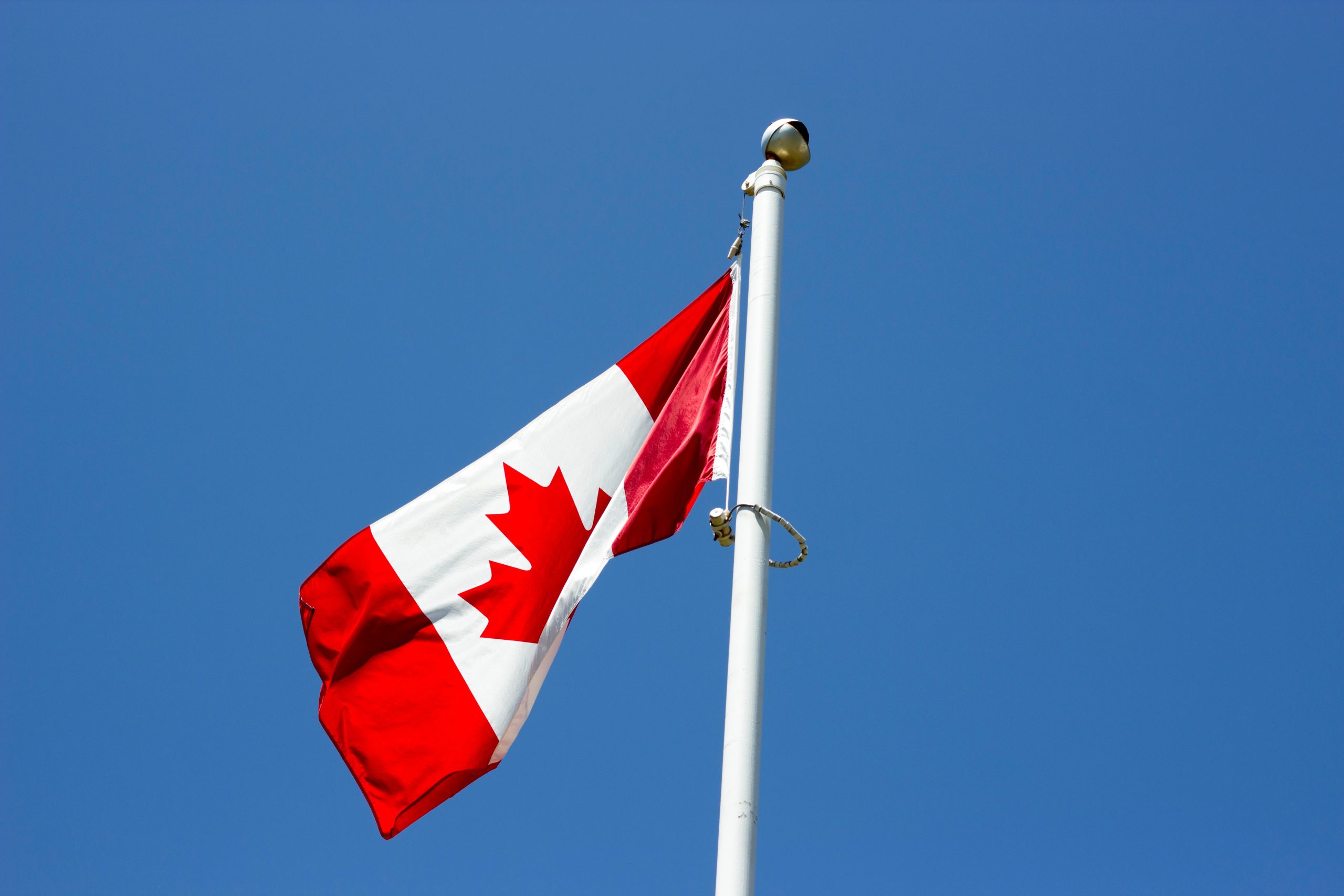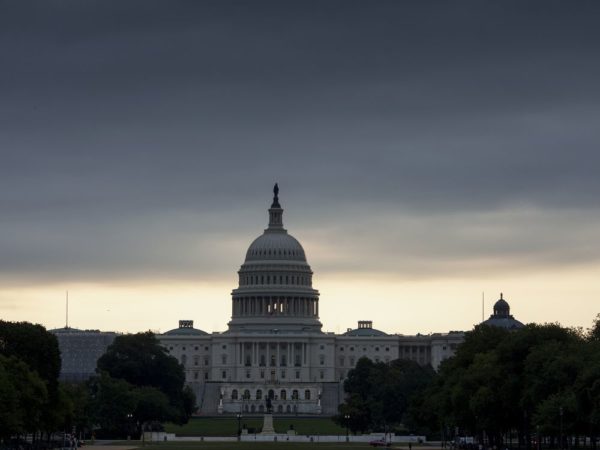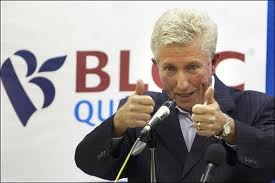Day 4 - Advent is the season of preparing for Christmas. Here at the Frontier Centre for Public Policy we want to tell you about some of the things we would like to see under our tree. On Day Four, we wish for Senate reform to fulfill the original vision of the...
Politics
Candidates Must Report on Donations Before Elections
Anyone who has been involved in municipal politics--at least over the past couple of decades--has heard virtually every candidate say they support increased transparency. Why do they say this and then not follow through? Transparency makes the democratic process work...
Tribalism that Flies In the Face of His Father’s One Canada Vision
Pierre Trudeau remains the most divisive Prime Minister in Canadian History - he is both loved and loathed. But for all this controversy, he was a champion of One Canada. He boldly fought against what he perceived as “The Two Solitudes” - where English and French...
No doubt some bureaucrats are trying to bring Trump down. Why would that surprise you?
There’s no doubt some public employees are trying to bring Trump down. But this shouldn’t surprise anyone. We live under the perception — or shall we say illusion — that civil servants are altruistic and loyally serve whichever party is in power, while actors in the...
Featured News
Canadians on the Move, to Smaller Communities
The Canadian Dream is increasingly being realized in smaller areas For decades, Canadians moved to the larger cities (census metropolitan areas, or CMAs) with their economic opportunities. The latest estimates indicate that CMAs have 72 per cent of the nation’s...
Leadership Needed in Canadian Healthcare; Apply Within
When the Premiers were first called to a sit-down lunch to talk about healthcare with Prime Minister Trudeau, there was plenty of talk about the potential for systemic change, innovation and accountability. It seemed that Canadians and their leaders were finally on...
Dick Cheney Speaks in Calgary
Former Vice-President of the United States Dick Cheney spoke to an impressive, yet intimate crowd in Calgary. The Bon Mot Book Club, began by Leah Costello, kicked off its first Calgary speaker series on Tuesday evening. Vice-President Cheney spoke briefly reflecting...
Containing the UN
What would it be like for the UN if the Kyoto objecting countries withheld their UN fees until the IPCC was disbanded?
Renewing The Liberal Party of Canada
The Liberal Party of Canada hopefully has received a wake up call that it is no longer the natural governing party of Canada. Now is a time of renewal as indicated in this editorial.
The people leading the renewal of the party have to look beyond appealing to the rent seekers and influence peddlers who have shaped the party policy in recent years. This stance had led the party into a political dead end.
In times past, the Liberal Party has been a positive influence in Canada for advancing meritocracy and social mobility. Those days may be long in the past, but they are still a history that the party can draw upon for renewal. The party has to reach back into its past to find the principles that people should advance based on their skills and capabilities instead of their inherited privileges, social standing and ethnic/cultural background.
Voters Choosing Alienation: The election of Ruth Ellen Brosseau
The election of Ruth Ellen Brosseau as NDP MP for the Quebec riding of Berthier-Maskinongé exposes how the gap between voters and the elected mostly benefits party bosses.
Majority Mandate Demands An Ambitious Agenda: The new Conservative majority government should be ambitious and energetic.
With a newly elected majority government, the Conservative party has the opportunity to pursue an ambitious reform agenda to address the major policy problems facing Canada.
Federal subsidy contributed to Bloc Quebecois demise
Some used to complain that the federal subsidies to political parties (initiated under the Chretien regime) were artificially supporting the Bloc Quebecois.
By granting parties revenue from the public purse, the federal state kept the Bloc alive beyond its natural life, the argument went. In a well-received Frontier Centre backgrounder in October 2008 Mark Milke made the case in the language of unintended consequences:
Whether one supports of opposes the use of tax dollars to fund political parties, an unintended consequence of public financing for political parties is that the Bloc Quebecois’ finances were greatly helped out by such schemes.
I remain convinced that Milke was right then, but there is room to believe that unintended consequences have in turn further unintended consequences.
This is the view that Eric Duhaime advances in this piece entitled “Fermez la shop,” suggesting that the BQ is done. Duhaime argues that Bloc dependency on federal funding created the conditions of complaisance in which the party lived of lately. Only 19% of the Bloc’s finances came from funds raised from party members and militants. The rest, 81% came from the feds.
Electoral Rearranging is Ahead
It seems clear that the 2011 federal election is about to change significantly the electoral map of Canada, for better or for worse
Prime Minister Layton? Not yet!
A close look at the polling data by region may not warrant the excitement of a possible Layton government resulting in the upcoming election on Monday. Three days to go!
The Dominance of the Great by the Small at Election Time (Part 2 of 3): Why it’s actually better to have a smaller lobby group.
A look at Mancur Olson’s theory of why smaller lobby groups seem to persistently outmanoeuvre the wider voting public at election time.




